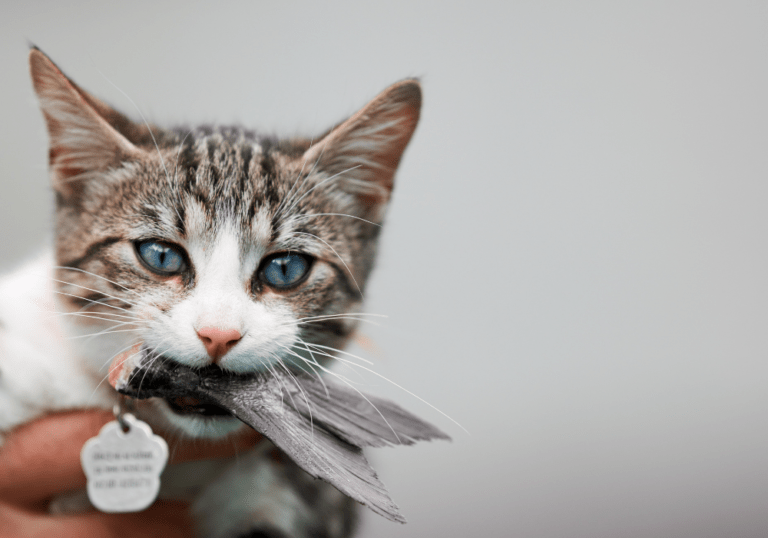How and When to Introduce Solid Food to Your Kitten

Welcoming a new kitten into your home is an exciting time filled with cuddles and playtime. However, as your kitten grows, it becomes essential to introduce solid food into their diet for proper development. Here’s a comprehensive guide on how and when to start your kitten on solid foods, brought to you by Willow Glen Pet Hospital.
The First Few Weeks: Preparing for Solid Food
During the initial weeks, a kitten relies entirely on its mother’s milk for nourishment. This period is crucial for their growth and development. Kittens are born blind and begin to open their eyes around the two-week mark. As their vision improves, they start exploring their surroundings more actively.
By the third week, you’ll notice the emergence of baby teeth, which are vital for chewing solid food. These will eventually be replaced by permanent teeth around three to four months of age.
Optimal Timing for Introducing Solid Food
According to International Cat Care, mother cats in the wild introduce their kittens to live prey at about four weeks old. This age is similarly appropriate for domestic kittens to start transitioning to solid food. Signs that your kitten is ready include the presence of baby teeth, interest in their mother’s food, and increased curiosity and mobility.
Choosing the Right Kitten Food
Kittens require a diet rich in calories, proteins, amino acids, minerals, and vitamins—more so than what adult cat food offers. When selecting kitten food, ensure it complies with the American Association of Feed Control Officials (AAFCO) standards, which guarantee that the food meets the nutritional needs for growth and development. If you find the variety of choices overwhelming, consult our doctors at Willow Glen Pet Hospital for personalized advice.
Introduction and Weaning Process
Start by mixing a tablespoon of high-quality canned kitten food with some warm water. Avoid using cow’s milk as it can lead to digestive issues. Over the next few weeks, gradually increase the solid food quantity while reducing the formula or mother’s milk.
Consider separating the kitten from its mother for a few hours each day to encourage interest in solid food. By around 5 or 6 weeks, you can introduce moistened dry food to their diet.
Dry vs. Wet Kitten Food
Both wet and dry foods are formulated to provide the necessary nutrients for kittens. Wet food is beneficial due to its high moisture content, but dry food is good for dental health. If you choose dry food, ensure your kitten has access to fresh water to prevent urinary tract issues.
Most kittens are fully weaned and eat only solid food by 8 to 10 weeks old. Monitor your kitten’s weight and health during this transition and consult our doctors at Willow Glen Pet Hospital if you encounter any issues.
Regular Veterinary Check-ups
Regular check-ups at Willow Glen Pet Hospital are vital to ensure your kitten is developing correctly and to address any feeding concerns. Our team is here to support you every step of the way in raising a healthy and happy cat.
If you need more help or have any questions, call us at Willow Glen Pet Hospital, (669) 342-7472, 1033 Willow Street, San Jose, CA, 95125, US. Hours: Monday – Saturday 8:00 am – 6:00 pm. Dr. Gillon or Dr. Shani are here to assist you, or visit us online for more information.
